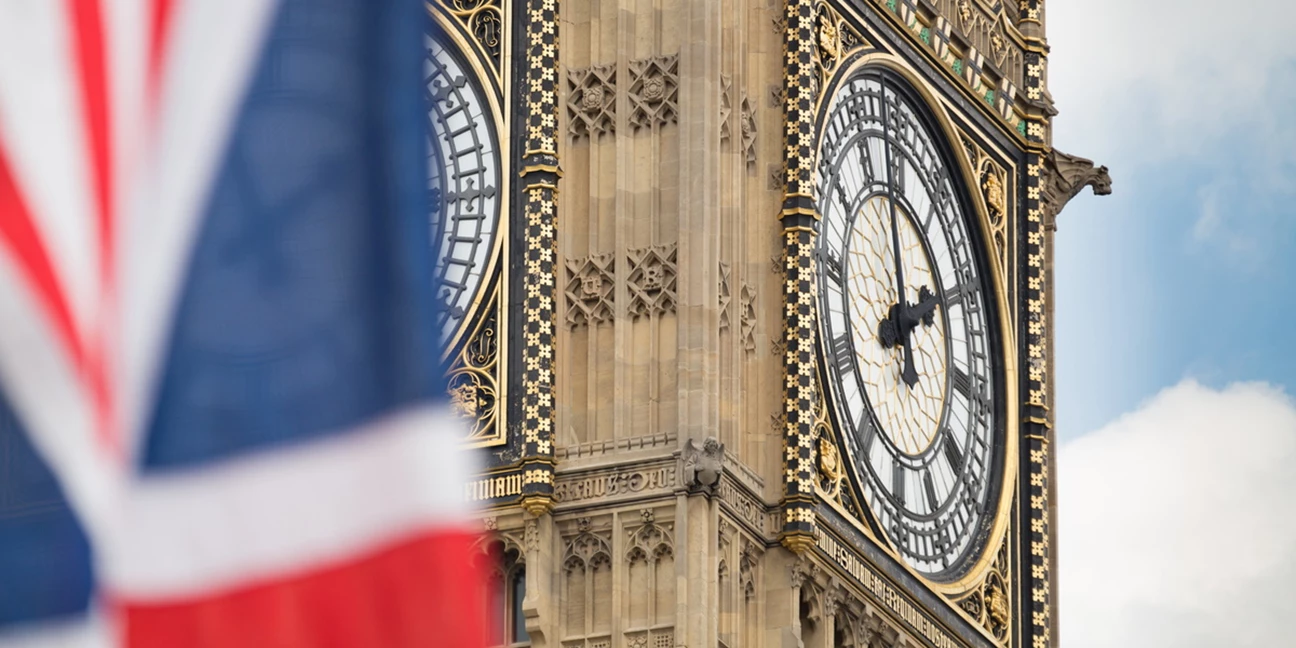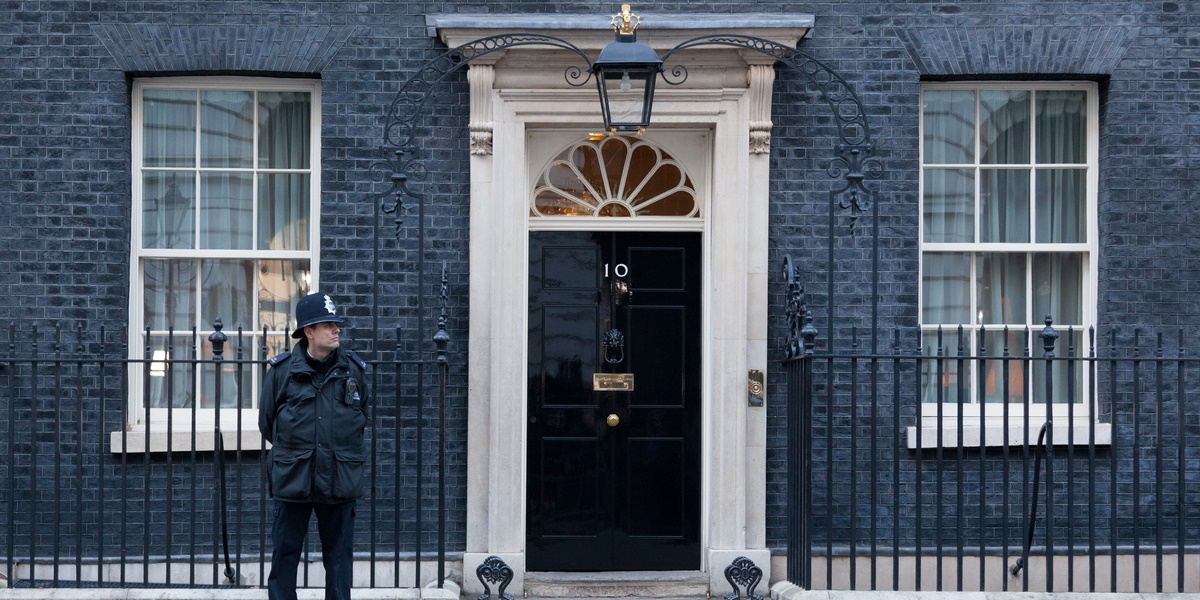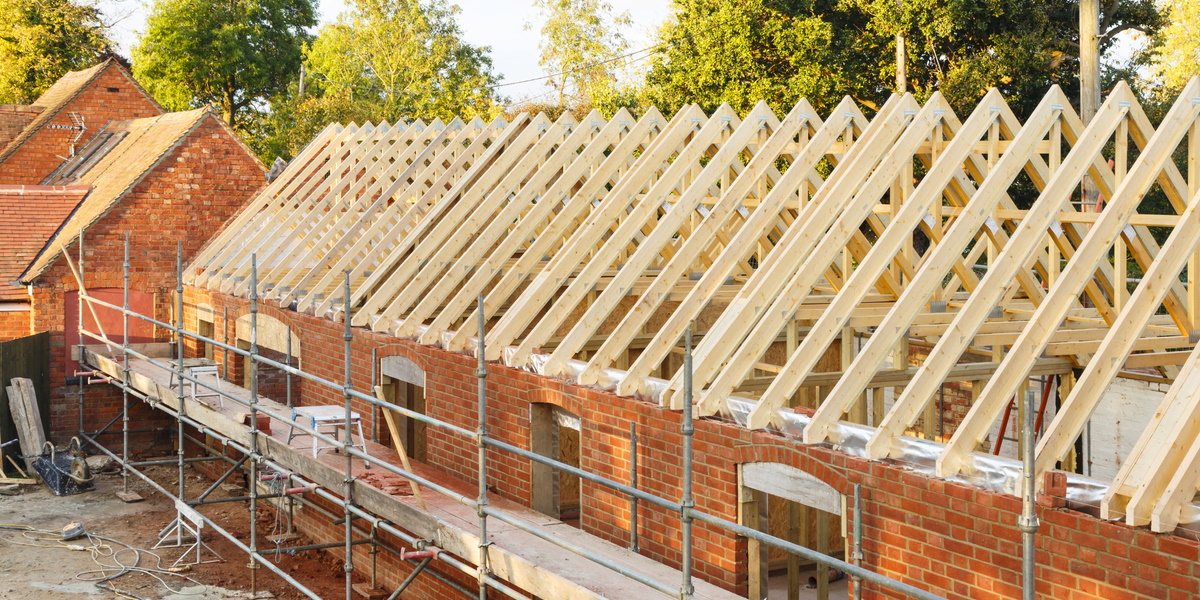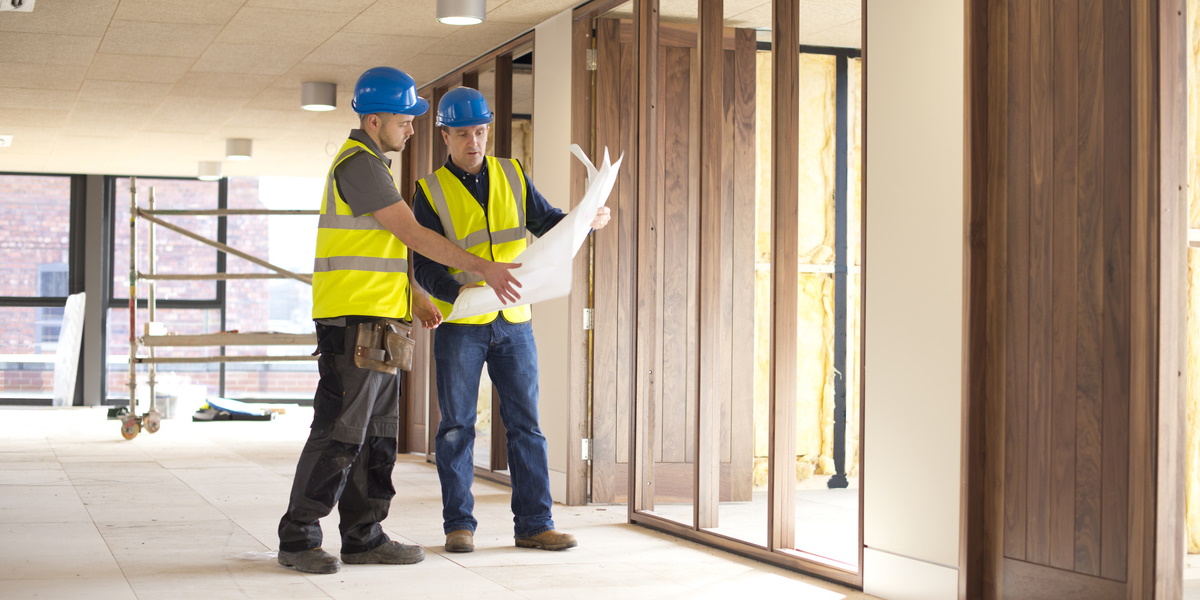
02/03/2021
"Dear Rishi"... An open letter to the chancellor
Tomorrow’s Budget will see a Chancellor juggle the opposing needs of the UK economy like never before.
Rishi Sunak has pumped billions into supporting companies and employees whose incomes have been devastated by the pandemic, and he has said there is more to come. But he’s also acutely aware the support cannot be open-ended, and that the Treasury needs to get its finances onto a firmer footing. Hence Mr Sunak’s tightrope walk between two conflicting demands.
Financial support aside, what the business community needs above all is confidence. Just as the Chancellor’s largesse is finite, so business’s confidence is fragile. That’s why the one thing that must be avoided at all costs is uncertainty. There has been talk of a rise in Corporation Tax, but there’s a strong argument that such a move would stifle investment and dent confidence, and we desperately need businesses to take risks and invest in UK plc right now. All sectors of the economy are boosted by job creation and people remaining in work, so employment has to be supported at all costs. As the furlough scheme is gradually wound down, increased taxes for employers would only hold back this ambition. Backing for small businesses is also absolutely crucial; relief on business rates and VAT holidays can work wonders for the hardest-hit small companies.
Stamp Duty stalling the market
On the housing front, I think the proposed mortgage guarantee scheme – which would see the Government offer lenders incentives to bring back 95% LTV loans – will help buyers with small deposits onto the housing ladder while also weaning the residential sector off its Help to Buy crutch.
Help to Buy has been good for many people, but such Government intervention can’t carry on forever. Ditto the Stamp Duty holiday. While demand across the housebuilding sector is now strong enough for the Chancellor to reel in the temporary relief, Stamp Duty as a whole is looking increasingly unfit for purpose. As a tax on property transactions, rather than wealth, it can put people off moving. This brake on the market is likely to be particularly unhelpful as Britain emerges from the shadow of Covid. The post-pandemic labour market will require a mobile workforce who can relocate quickly and easily, and in its current clunky form SDLT could prove a real barrier. The pandemic has already led hundreds of thousands of Britons to reconsider what they want from their home, and take action. According to HMRC, in January 2021 residential transactions surged 24.1% higher than their level in the same month last year.
Structural review of tax system
This is very encouraging, but in the longer term we need a structural review of how property is taxed. Above all we need greater fluidity in the property market, and for people to be able to trade up or trade down much more easily than is the case now. In addition to a shake-up of Stamp Duty, the Government could consider introducing incentives to encourage the sort of transactions that are most vital to a free-flowing property market – for example the retired couple downsizing from a four-bedroom house that a young family would love to buy.
Such incentives should bring more homes onto the market, and the resulting boost in supply should keep the lid on runaway property price inflation. The Prime Minister has rightly put ‘build build build’ front and centre of Britain’s post-Covid economic recovery plan.
But solving Britain’s housing crisis isn’t just about building more homes; the Chancellor needs to ensure the tax system plays its part too.









